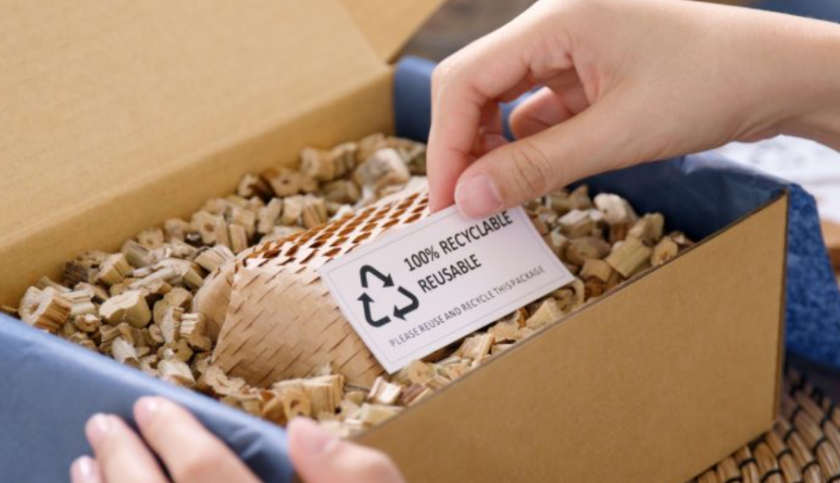ZHC sources more than 40 percent of its cobalt from Congo, which produces at least 50 percent of the world’s cobalt supply.
The report also indicated that children worked up to 12 hour days in the mines, earning between $1 and $2 daily. Amnesty International miners can face the risk of fatal accidents and long-term health issues. Between September 2014 and December 2015, at least 80 artisanal miners died underground in southern DRC. Many accidents go unrecorded, so these numbers are not exact.
“I would spend 24 hours down in the tunnels,” Paul, a 14-year-old miner, told Amnesty International. “I arrived in the morning and would leave the following morning … I had to relieve myself down in the tunnels … My foster mother planned to send me to school, but my foster father was against it, he exploited me by making me work in the mine.”
Amnesty International contacted 16 multinational consumer brands that sourced from ZHC, and all denied being in touch with ZHC, and couldn’t trace where their cobalt supply originated.
Cobalt currently does not fall under existing “conflict minerals” in the U.S., so there is no regulation of the global cobalt supply, unlike gold, tin and tungsten.
Amnesty International requested companies that use lithium-ion batteries in their products to investigate where their cobalt is coming from, and to be more transparent about their suppliers. The organization also stated that China should require Chinese extractive companies operating in other countries to investigate their supply chains and address any human rights discrepancies.
For more information on Amnesty International, visit www.amnesty.org.



